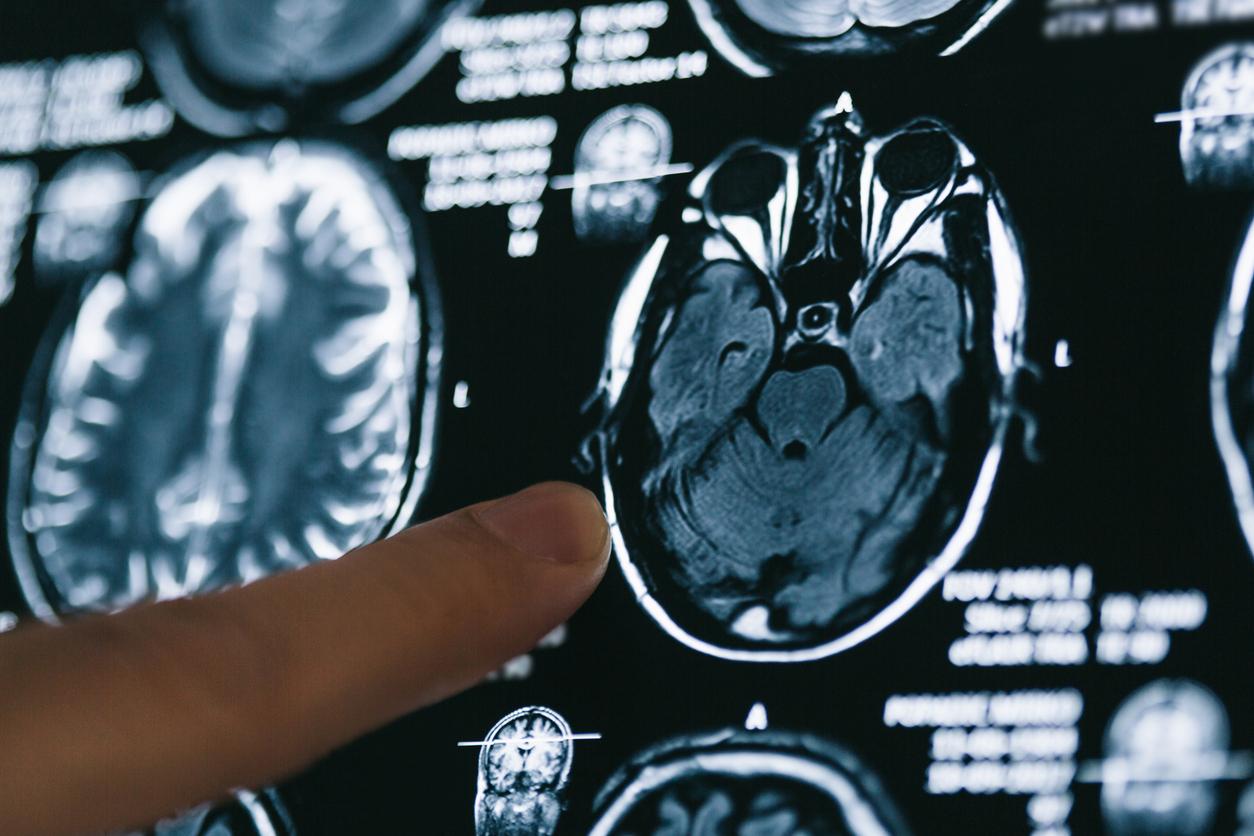France has already embarked on stem cell research for 10 years. In 2005, the law authorized the embryonic stem cell research, in a highly regulated framework. On this same date the laboratory opened I-Stem, specialized in the therapeutic use of stem cells, founded by the National Institute of Health and Medical Research (Inserm) and the Génopole d’Evry (Île-de-France) with the support of the association AFM-Telethon. The magazine The New Factory reports that by 2017, the I-Stem laboratory plans to test “embryonic cells in humans to treat skin pathologies, or even, with the Vision Institute, retinal diseases. Cell therapy trial in rare Huntington’s neurodegenerative disease will have to wait until 2019. “
Stem cells, a new therapeutic asset
Stem cells are cells that have not yet specialized in a specific type (skin cell, muscle cell or even intestinal cell, for example). These cells are present in embryos in large quantities and in smaller quantities in adults, in the blood, liver and muscles. The interest linked to these stem cells is to cultivate them and to force their specialization to repair a tissue or perform a transplant. Embryonic stem cells are easier to cultivate, in larger quantities, and can turn into any type of cell in the body. Those in adults are present in limited quantities and can only evolve in a few cell types, depending on where in the body they were taken. Ten years after the start of French research, the first clinical trials on humans will test the real effectiveness of what scientists call “cellular drugs”. The first laboratory tests are already promising avenues for treating diseases such as AMD, the blindness, the’heart failure or to perform skin grafts.
Ethics debate
The main debate that exists around this research is that of the use of embryonic cells and therefore early embryos (aged a few days). Opponents of these practices denounce the risks of drift and pose the question of the moral status of an embryo. The thorny ethical question is delaying certain advances, in particular the funding of research by the pharmaceutical industry which “is cautious about getting involved in this area that she still considers too risky“deplores the magazine The New Factory.
>> To read also:
Stem cells: a new, simple process to obtain them
Storing umbilical cord blood: a scam or not?
Osteoarthritis of the knee: the hope of stem cells
In Japan, stem cells tested on humans

















